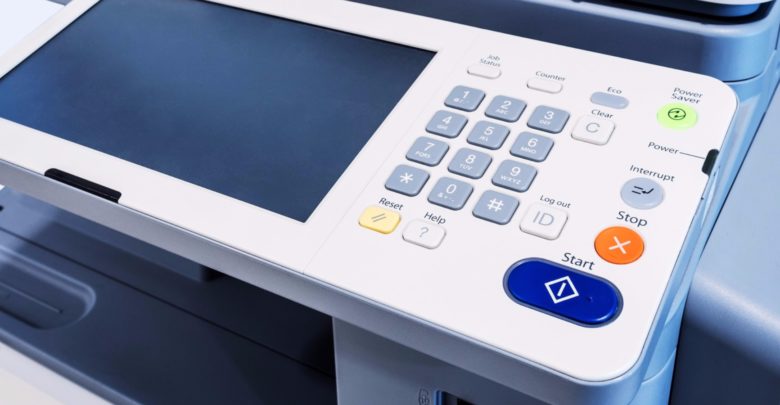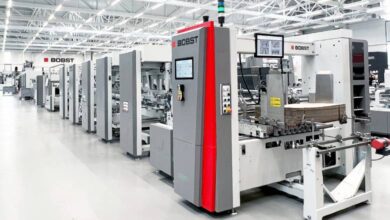MPS Market to Generate $51B by End of 2023
Advantages of Managed Print Services are reduction in total cost of ownership (TCO), eliminating unnecessary devices, reduced print volumes, and others

Managed Print Services involves centralisation, optimisation and management of all aspects of printing devices in an organization through a single program offered by print providers. The global managed print services market is anticipated to generate $51 billion at a CAGR of ~9% by the end of forecast year of 2023.
According to the Market Research Future Analysis, the global Managed Print Services Market is expected to reach ~$51 billion by the end of the forecast period at a CAGR of ~9%. Attractive economics of optimizing of all devices such printers, scanners, faxes and copiers, under a single platform results in savings, printer fleet reduction produce less paper waste which results in increased efficiency.
Other advantages such as reduction in total cost of ownership (TCO), eliminating unnecessary devices, reduced print volumes, and others. Crucial advantages such as improved security due to built-in user authentication, activity tracking and insights into customers’ print activities data analysis result in wealth of business information. Control and accountability by allowing access only to authorize personnel’s, encryption, and others.
Development of cloud and software as a service has provided an additional benefit of remote management and access coupled with faster service areas and new markets expansion. The development of cloud is expected to reduce the printing office documents cost of up to 40%. The advent of big data is the critical market opportunity driving factors of the managed print services market.
Some of the dominant players in the global managed print services market are Xerox Corporation (U.S.), Lexmark International Corporation (U.S.), HCL Technologies (India), Acrodex Inc. (Canada), ARC Document Solutions, Inc. (U.S.), Ricoh Company, Ltd. (Japan), HP Development Company, L.P. (U.S.), Sharp Corporation (Japan), Toshiba Corporation (Japan), Samsung Electronics Co. Ltd. (South Korea), Kyocera Corporation (Japan), Konica Minolta, Inc. (Japan), Systems Technology, Inc. (U.S.), Wipro LTD (India), Canon UK Limited (U.K), Seiko Epson Corporation (Japan), and Konica Minolta (U.K) and others.




